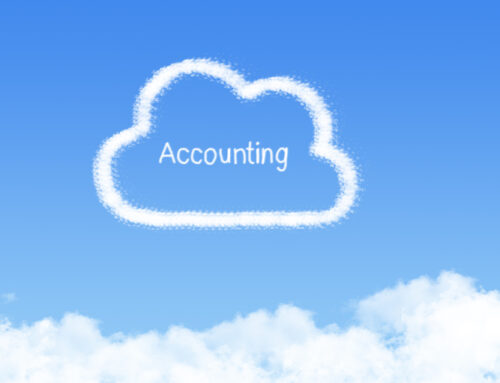First of all, at Virtual Heights Accounting, we recommend your accounting review be more often than annually. A bi-annual check-in is much more efficient. Reviewing your business tax and accounting records at mid-year, gives you time to see how your year is going and plan for any changes, such as paying more tax than the previous year.
If you’ve never had an annual or bi-annual accounting review, there are many advantages to doing so, especially if you’re considering changes in your business.
What is an Annual or Bi-Annual Accounting Review?
An accounting review—whether it’s annual, biannual, or something else—is where you sit down with your accountant and discuss your financial statements and tax returns in the context of your business. This may sound boring, but these reviews are an important part of running a business. Your accountant will point out things that can help you make improvements.
An important part of the review process often involves comparing income and expenses with prior years. For example, if one of your goals was to increase your sales by twenty-five percent, this is something that’s easily discovered during an annual review.
If you met your goal, you’ll likely want to keep doing whatever it was that helped you reach that sales level. If, on the other hand, you didn’t meet that goal, your accountant can offer you valuable feedback as to why that might be by looking at relevant factors in your industry.
How Do I Make the Most Out of My Review?
If you’re not an accountant, or maybe not even numbers oriented, it can be difficult to sit through a review where all you’re doing is discussing the numbers in your business. Here are a few things you can do to make the most out of your accounting review.
Take Notes
Don’t be afraid to get your pen and paper ready. Most reviews cover your income statement, balance sheet, cash flow statement and business tax return.
If your accountant also handles your personal taxes, that will be included in the review as well. That’s a lot of information. Make sure you’re prepared to make notes on the most important parts like what you need to do to reduce your tax bill.
Ask Questions
There is nothing wrong with asking questions during your accounting review, in fact it’s encouraged. Asking questions shows you care about the health of your business and you’re interested in understanding what your accountant has to say. If you’re not sure what your accountant means, or you’re not sure how that can help your business, just ask.
Listen
The number one thing you can do during your accounting review is listen to your accountant. You’d be surprised at the number of business owners who don’t take their accountant’s advice. Then they wonder why they owe a bunch of tax at the end of the year.
You hired your accountant for a reason. It’s time to trust them and take the steps they recommend to keep your business running smoothly. You want to keep as much of your hard-earned cash in your pocket as possible.
If your business is successful, taxes are unavoidable, but if you follow your accountant’s advice and tax planning strategies, you’ll pay only what you need to. To learn more about what we do at our accounting reviews, get in touch.





